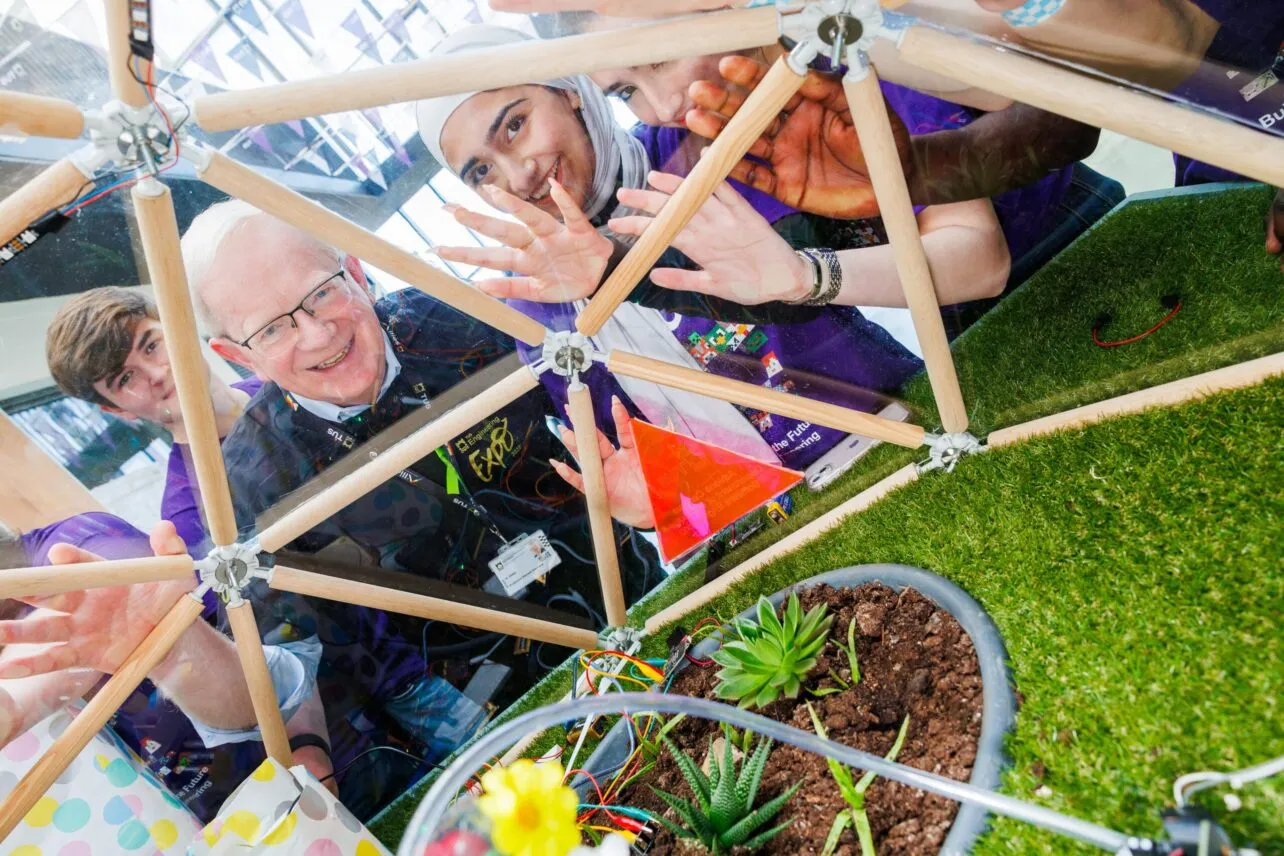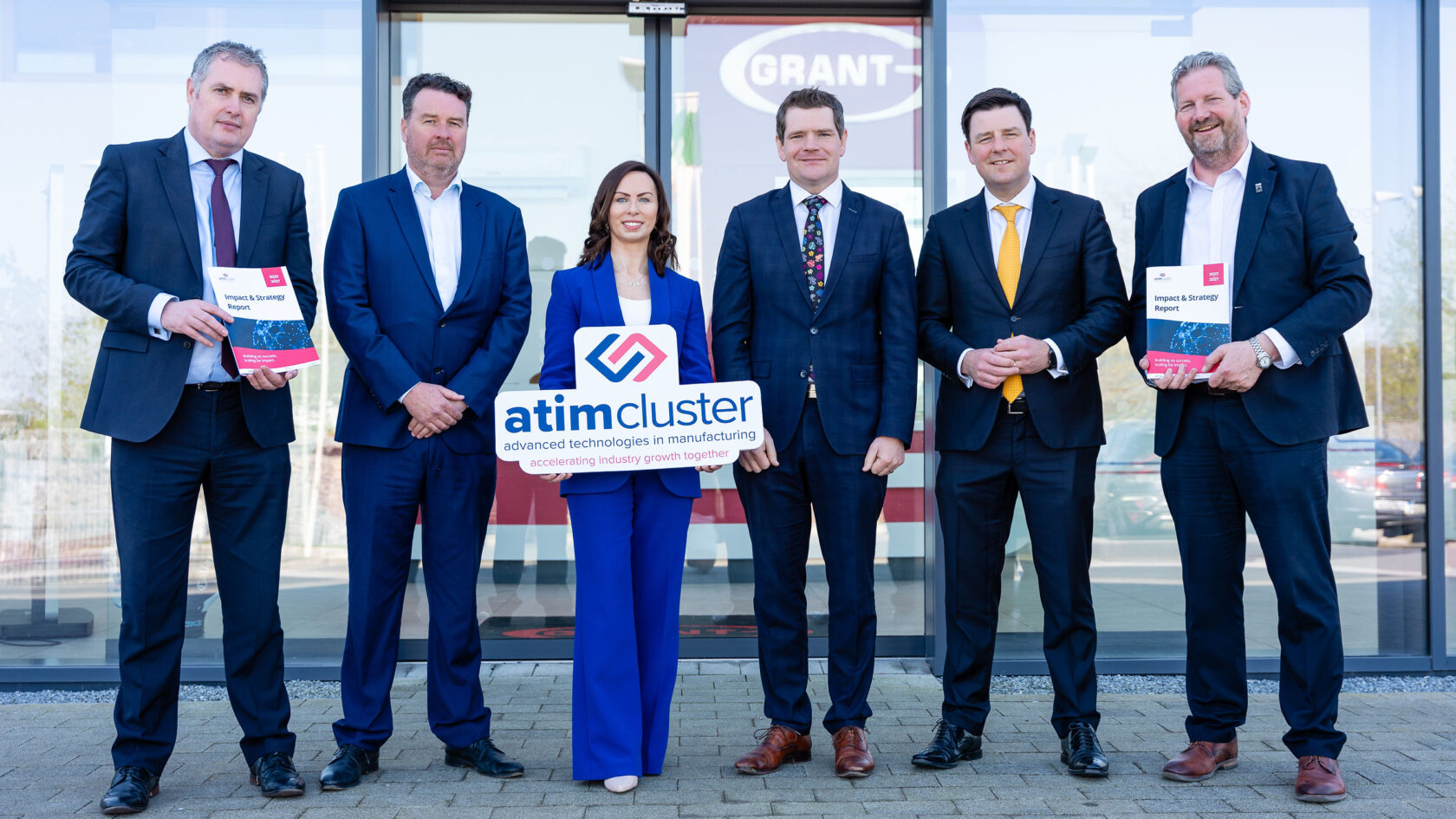The finalists of the 2023 edition of the EU Organic Awards have been announced, with Laois-based organic food producer The Merry Mill one of just 24 finalists from across 11 EU countries. The awards saw applications from all over Europe, with the winners to be announced at the official award ceremony being held in Brussels on 25 September.
The Merry Mill, based in Vicarstown, Co. Laois, are finalists in the Award for Best Organic Food Processing SME. The Merry Mill is a family-run Organic Farm and Oat Mill, and a member of the Laois Taste collective. They produce a range of premium organic and gluten free products. They are passionate about producing food in harmony with nature, they have nine bee hives to pollinate the farm and surrounding area. Kevin is a passionate farmer, his love of nature and food has inspired and grown their business. The Merry Mill flours are stone ground and their porridge oats are milled using an old cold milling method thought to create healthier oats as they are completely raw with all the live enzymes still intact.
The EU Organic Awards were first launched in 2022 as part of a commitment made in the Action Plan for the Development of Organic Production with the objective of recognising excellence all along the organic value chain, from farmers to restaurants, from SMEs to bio-districts. Building on last years’ experience, the EU organic awards scheme comprises 7 categories and 8 individual awards. They acknowledge excellent, innovative, sustainable and inspiring projects producing real added value for organic production and consumption.
The awards are jointly organised by the European Commission, the European Economic and Social Committee, the European Committee of the Regions, COPA-COGECA and IFOAM Organics Europe. The jury for the awards is composed of representatives from these organisations, as well as from the European Parliament and the Council of the EU.
The awards competition is open to individual, business or institution along the organic value chain with an excellent, innovative, sustainable and replicable project contributing to greater accessibility and affordability of organic products in the EU. The jury selects the winners in each category by judging their projects against the horizontal award criteria.
Background to the EU Organic Awards
Increasing organic farming, aquaculture and production makes a significant contribution to reducing the use of chemical fertilisers, pesticides and anti-microbials. It has a positive effect on our climate, the environment, biodiversity and animal welfare. It can also contribute to fair farmer incomes and rural development. That is why organic production has been identified as playing a key role in the delivery of the objectives set out in the European Green Deal, and the Farm to Fork and Biodiversity strategies.
For this reason, the Commission has set a target of 25% of EU agricultural land being under organic farming by 2030, in addition to a significant increase in the level of organic aquaculture. To support this, the Commission adopted the Action Plan for the Development of Organic Production (known as the Organic Action Plan) in March 2021.
The plan contends that in order to stimulate organic production, consumer demand for organic products needs to grow. This requires greater public awareness of the characteristics and benefits of organic production. Out of this, the EU organic awards were conceived as a means to increase public awareness of organics.






